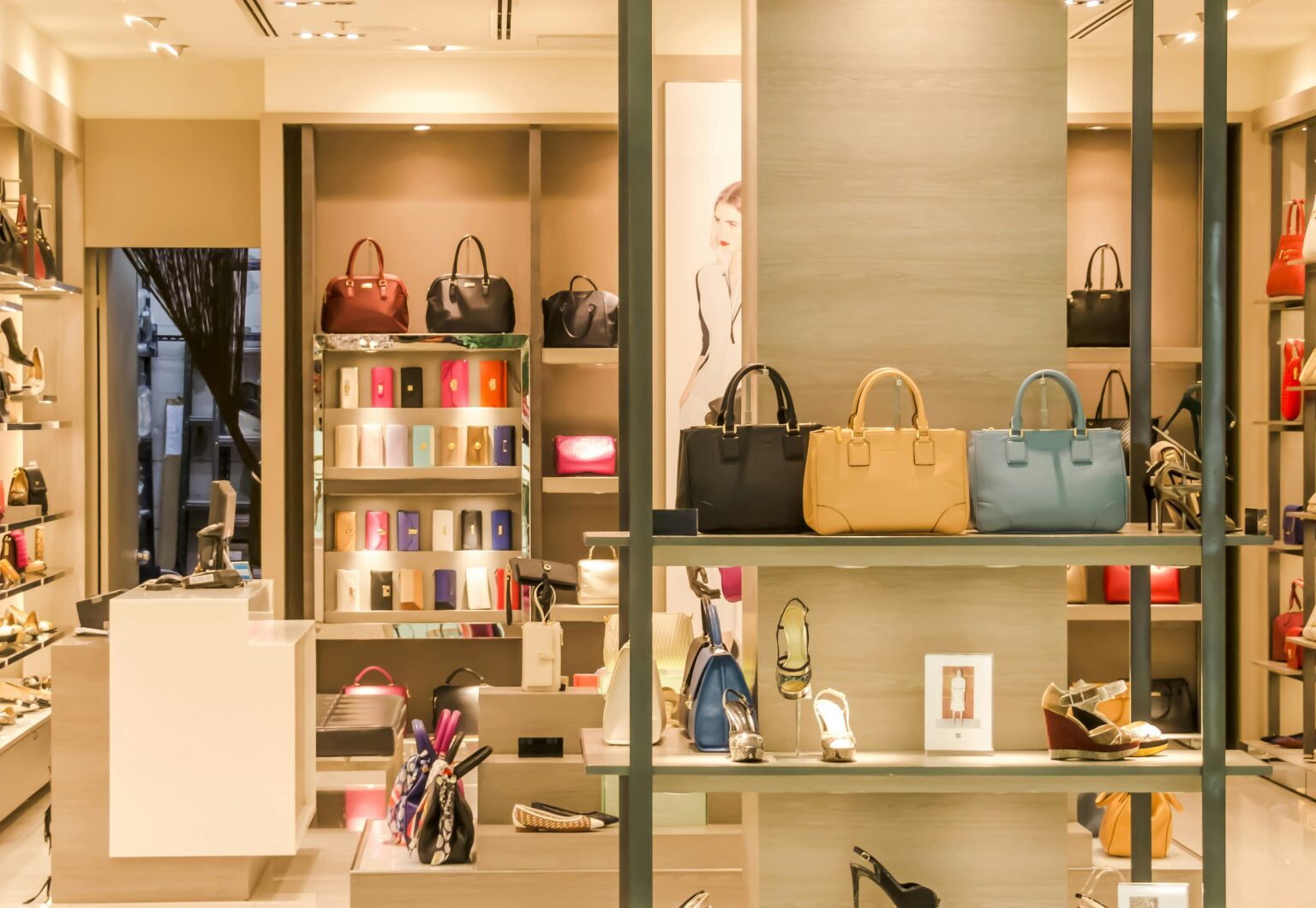In a significant stride towards their planned merger, luxury conglomerates Tapestry and Capri Holdings have received the green light from antitrust regulators in both Japan and the European Union.
The approval marks a crucial milestone in their pursuit of creating a global powerhouse within the luxury and fashion industry.
The regulatory approval was confirmed by Tapestry through a regulatory filing, indicating that both the European Commission and Japan’s Fair Trade Commission had cleared the merger plan under their respective antitrust laws. Notably, the approval came without any conditionalities, signifying a smooth regulatory path for the agreement.
With the EU and Japan approvals secured, the focus now shifts to the United States, where the merger awaits the final antitrust regulatory nod. Tapestry and Capri are eagerly anticipating the decision of US regulators, the only outstanding approval required for the merger to proceed.
The merger proposal, announced by Tapestry last August, entails Tapestry’s acquisition of Capri Holdings in a deal valued at approximately 8.5 billion dollars. Tapestry, known for its iconic brands including Coach, Kate Spade, and Stuart Weitzman, seeks to expand its portfolio by integrating Capri Holdings’ luxury labels such as Michael Kors, Versace, and Jimmy Choo.
Upon completion, the merger aims to establish a formidable global entity, with presence spanning across 75 countries. Tapestry CEO, Joanne Crevoiserat, expressed optimism regarding the merger’s potential, highlighting the synergies that would emerge from combining the diverse fashion labels under one roof. Crevoiserat emphasized the value enhancement expected for consumers, employees, communities, and shareholders worldwide.
Despite the regulatory hurdles encountered along the way, including a request for additional information from the US Federal Trade Commission (FTC), Tapestry remains confident in the merger’s prospects. Crevoiserat reiterated the companies’ cooperation with the FTC’s inquiries and affirmed that the deal remains on track to conclude within the 2024 calendar year.
The merger holds strategic significance for Tapestry, positioning the company for enhanced competitiveness in the global luxury market, particularly in Europe where it aims to rival industry heavyweight LVMH. Furthermore, the anticipated synergies are expected to bolster Tapestry’s adjusted profits immediately upon completion, as indicated by the companies.
As Tapestry and Capri navigate the final stages of regulatory approval in the United States, the luxury and fashion industry awaits the culmination of this transformative merger, poised to reshape the landscape of luxury branding and consumer experiences on a global scale.
